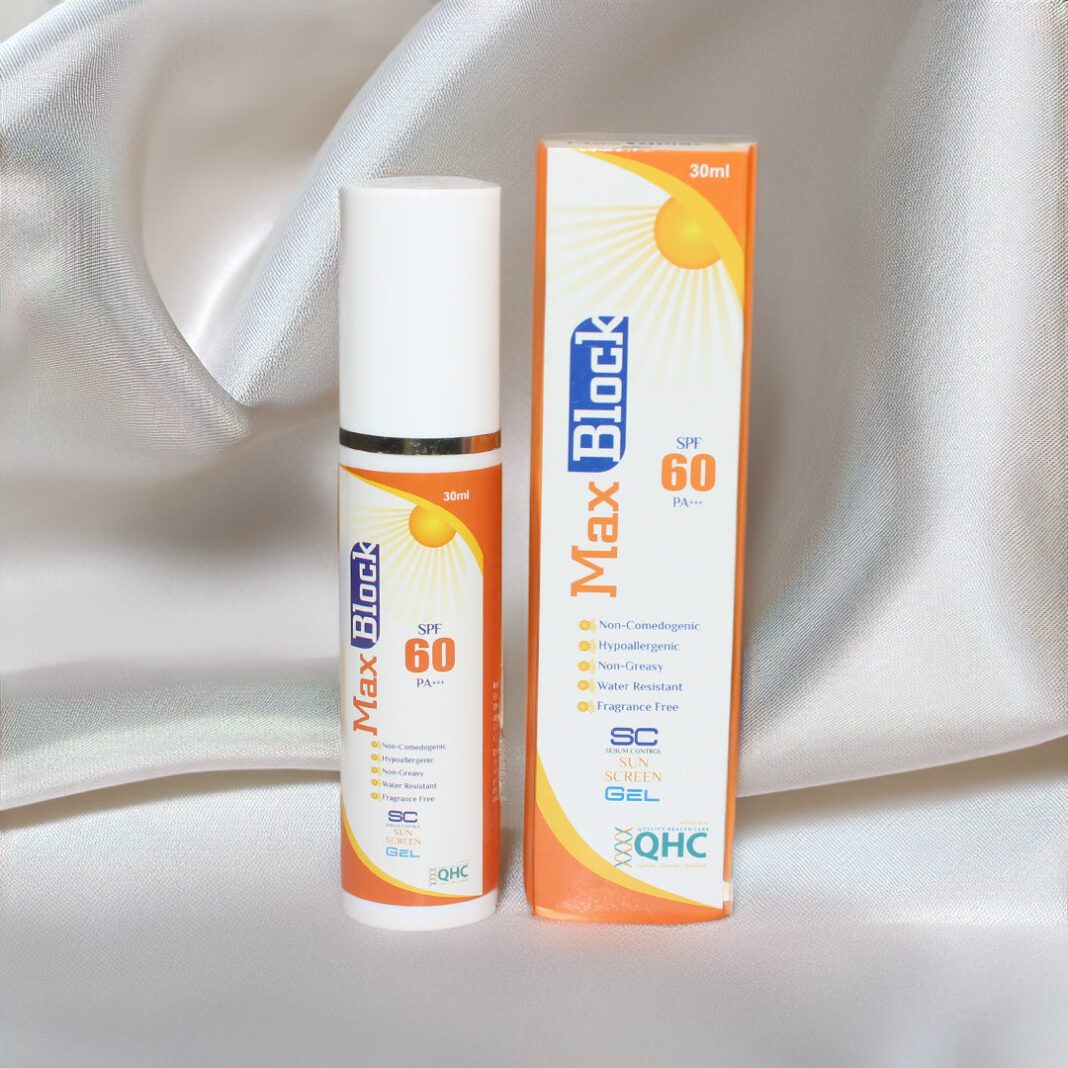Introduction To The Sunblock
Protecting your skin from harmful UV rays is crucial for maintaining healthy skin. In Pakistan, where the sun can be intense, using a good sunblock is essential. This guide will help you understand the Top sunblock in Pakistan how to choose the right one for your skin type and the benefits of using sunblock daily.
Why Using Sunblock is Important
Sunblock, also known as sunscreen, helps protect your skin from the harmful effects of ultraviolet (UV) radiation. UV rays can cause skin damage, premature aging, and increase the risk of skin cancer. Using sunblock daily helps prevent these issues and keeps your skin healthy and youthful.
Types of Sunblock
1. Chemical Sunblocks
Chemical sunblocks contain active ingredients that absorb UV radiation and convert it into heat, which is then released from the skin. These ingredients often include avobenzone, octocrylene, and octinoxate. Chemical sunblocks are generally lightweight and ideal for daily use.
2. Physical Sunblocks
Physical sunblocks, also known as mineral sunblocks, contain natural minerals like zinc oxide or titanium dioxide. These ingredients sit on top of the skin and reflect UV rays. Physical sunblocks are less likely to irritate sensitive skin and are often recommended for those with skin conditions.
3. Hybrid Sunblocks
Hybrid sunblocks combine both chemical and physical ingredients. They offer broad-spectrum protection and are suitable for various skin types. Hybrid sunblocks can provide the benefits of both types of sunblocks.
Key Factors to Consider When Choosing Sunblock
1. SPF (Sun Protection Factor)
SPF measures how well a sunblock protects against UVB rays, which cause sunburn. Choose a sunblock with at least SPF 30 for everyday use. Higher SPF values provide more protection, but no sunblock offers 100% protection.
2. Broad-Spectrum Protection
Look for sunblocks labeled as “broad-spectrum,” which means they protect against both UVA and UVB rays. UVA rays contribute to skin aging and cancer, so broad-spectrum protection is essential.
3. Skin Type and Sensitivities
Consider your skin type when choosing a sunblock. For oily or acne-prone skin, opt for a non-comedogenic formula. If you have sensitive skin, choose a sunblock that is fragrance-free and hypoallergenic.
4. Water Resistance
If you plan to swim or engage in physical activities, choose a water-resistant sunblock. Water-resistant formulas maintain their effectiveness even when you sweat or come into contact with water.
5. Ingredients
Check the ingredients list for any potential allergens or irritants. Opt for sunblocks with gentle ingredients if you have sensitive skin or skin conditions.
Top Sunblock Options in Pakistan
1. Daily Use Sunblock
For everyday protection, choose a sunblock that offers broad-spectrum protection with SPF 30 or higher. These sunblocks are lightweight and suitable for daily wear under makeup or alone.
2. Sports and Water-Resistant Sunblock
If you are active or spend time in water, select a water-resistant sunblock with a high SPF. These sunblocks are designed to stay on the skin even when sweating or swimming.
3. Sensitive Skin Sunblock
For those with sensitive skin, opt for sunblocks containing physical blockers like zinc oxide or titanium dioxide. These sunblocks are less likely to irritate and provide effective protection.
4. Anti-Aging Sunblock
Some sunblocks contain additional ingredients like antioxidants and moisturizers that help reduce signs of aging. These sunblocks not only protect your skin but also keep it hydrated and youthful.
How to Apply Sunblock Properly
1. Apply Generously
Apply a generous amount of sunblock to all exposed skin areas. Use about one ounce (a shot glass full) for full-body coverage. Make sure to cover areas often missed, like the ears, back of the neck, and tops of the feet.
2. Apply Before Sun Exposure
Apply sunblock at least 15 minutes before going outside. This allows the sunblock to fully absorb and start protecting your skin.
3. Reapply Regularly
Reapply sunblock every two hours, or more often if swimming or sweating. Even water-resistant sunblocks need reapplication to maintain protection.
4. Use Sunblock Year-Round
UV rays can affect your skin even on cloudy days or during winter. Make sunblock a part of your daily skincare routine, regardless of the season.
Common Misconceptions About Sunblock
1. “I Don’t Need Sunblock on Cloudy Days”
UV rays can penetrate clouds, so it is important to use sunblock even when it is cloudy. Protect your skin every day, regardless of the weather.
2. “Higher SPF Means Better Protection”
While higher SPF offers more protection, it does not mean you are fully protected. No sunblock offers 100% protection, so it is important to use sunblock correctly and reapply it regularly.
3. “I Don’t Need Sunblock If I’m Inside”
UV rays can penetrate windows so if you spend a lot of time near windows or in areas with natural light, sunblock is still necessary.
Final Thought
Choosing the best sunblock in Pakistan involves understanding the different types of sunblocks, key factors to consider, and how to apply it correctly. By selecting the right sunblock for your skin type and lifestyle you can effectively protect your skin from harmful UV rays and maintain healthy youthful skin. Make sunblock a daily part of your skincare routine to ensure you stay protected from the sun’s damaging effects.







